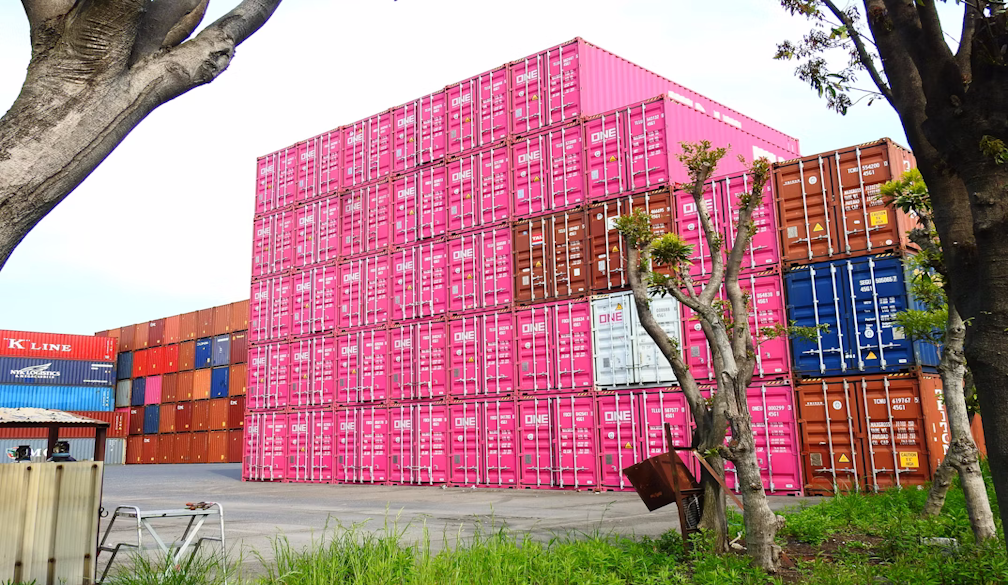How Wholesale Packaging Supplies Can Streamline Your Shipping Process in Perth
- Written by Modern Australian

Shipping is more than just logistics—it’s a system that relies on efficiency, cost control, and consistency. One often overlooked component of a smooth shipping operation is packaging. Investing in wholesale packaging supplies Perth can significantly improve how your business handles shipping, helping you scale faster and serve customers better.
Meeting the Demands of Perth’s Fast-Paced Market
Brisbane is home to a growing number of online businesses, wholesalers, and retailers. With consumer expectations for fast delivery and perfect packaging at an all-time high, companies need to adapt quickly to stay competitive. Relying on retail packaging purchases or last-minute supply orders can create bottlenecks, delays, and unnecessary costs.
Sourcing wholesale packaging supplies from local Brisbane distributors gives your business a dependable supply of essential materials—boxes, tape, cushioning, mailing bags, and more. This consistency allows your team to focus on fulfilling orders instead of scrambling for last-minute solutions.
Lower Costs Without Sacrificing Quality
Cost-efficiency is critical when managing a shipping process. Ordering packaging materials in small quantities might work when you’re just starting out, but it quickly becomes inefficient as your business grows. Wholesale buying gives you access to much lower unit costs, saving you money in the long run.
By sourcing wholesale packaging supplies, you reduce the cost per order and avoid the markup typically associated with retail packaging purchases. That means you can maintain high-quality packaging standards without eating into your profit margins. In a competitive business environment like Brisbane, this kind of cost control can be the difference between steady growth and stagnation.
Speeding Up Fulfilment and Reducing Downtime
Time is everything when it comes to shipping. Delays in packaging can cause missed delivery windows, backlogs in the warehouse, and unhappy customers. When you rely on sporadic or low-volume packaging orders, you're more likely to run into supply shortages or delays.
Wholesale purchasing helps you build a stable inventory of packaging materials. With all the supplies you need readily available, your team can work faster, pack more efficiently, and meet tight shipping deadlines. Whether you're shipping across Brisbane or to interstate customers, a well-stocked packaging station helps keep orders moving without interruption.
Maintaining Packaging Consistency
Inconsistent packaging doesn’t just slow down operations—it also affects how your brand is perceived. Using mismatched boxes or materials of varying quality can send the wrong message to your customers. It also complicates warehouse operations, as packers need to adjust each time they use a new size or type of packaging.
By buying wholesale packaging supplies, you can standardise the materials used across all your shipments. This improves packing speed, ensures better protection for your products, and reinforces your brand’s professionalism. Consistency is especially important when you're fulfilling a high volume of orders and need every parcel to reflect your business's quality standards.
Tailored Solutions for Unique Shipping Needs
Not every product is the same, and not all businesses have the same packaging requirements. One of the benefits of working with wholesale suppliers in Brisbane is that many offer customised solutions based on your business’s specific needs.
Whether you need custom-sized boxes, branded packaging, or eco-friendly materials, wholesale providers often offer flexible options that smaller suppliers can't match. These tailored solutions can enhance the efficiency of your shipping process by reducing waste, minimising returns from damaged goods, and improving unboxing experiences.
Supporting Eco-Friendly Business Goals
Sustainability is a growing concern among both businesses and consumers. Many Brisbane customers are now choosing to shop with brands that prioritise eco-friendly practices—including packaging.
When you buy wholesale packaging supplies, you gain access to a wider range of sustainable materials, often at lower prices than individual purchases. This can include recyclable cardboard boxes, biodegradable fillers, compostable bags, and more. Buying these in bulk not only reduces the cost of going green but also ensures your supply chain supports your environmental goals consistently.
Eco-friendly wholesale packaging helps reduce waste, supports your business’s values, and strengthens customer trust. It's a practical way to make sustainability part of your everyday operations.
Simplifying Inventory and Space Management
A common concern with wholesale purchasing is storage space. Many Brisbane businesses operate out of limited warehouse facilities or shared commercial units, and storing bulk packaging can be a challenge. However, most local wholesale packaging suppliers offer flexible delivery schedules and storage solutions.
By working with a local supplier, you can coordinate recurring deliveries that match your consumption rate. This helps you avoid clutter, manage your space effectively, and ensure your team always has what it needs without overstocking.
Building Long-Term Supplier Relationships
Another key benefit of sourcing wholesale packaging supplies in Brisbane is the opportunity to build reliable, long-term relationships with your packaging supplier. As your business grows, these relationships can lead to better pricing, priority service during peak seasons, and access to new products and innovations.
Suppliers who understand your shipping processes and product needs are better equipped to suggest improvements, troubleshoot issues, and help you scale more effectively. In a fast-moving market, these partnerships become valuable assets.
Conclusion
If you're a Brisbane-based business aiming to improve your shipping process, wholesale packaging supplies are a smart, strategic investment. From reducing costs and speeding up fulfilment to supporting sustainability and enhancing brand consistency, the benefits go far beyond bulk discounts.
As your business continues to grow, the systems you put in place—especially those related to packaging—will determine how smoothly you can scale. Choosing the right wholesale packaging partner is one of the most practical steps you can take to streamline your operations, deliver better customer experiences, and stay competitive in Brisbane’s dynamic market.



















